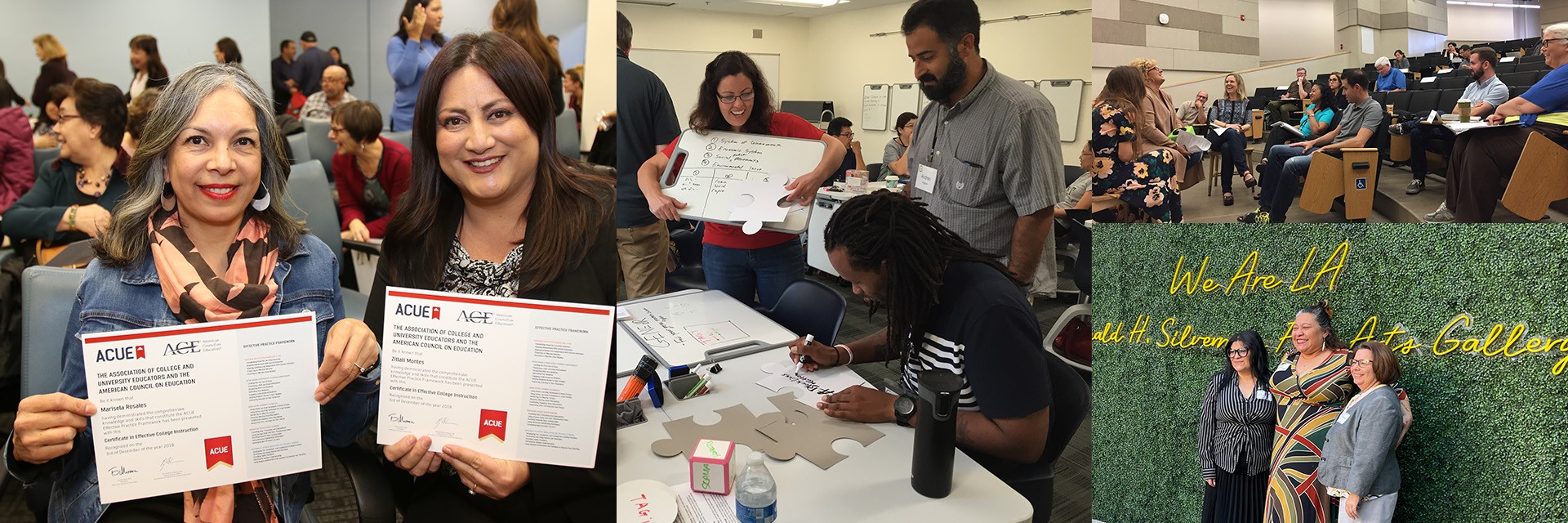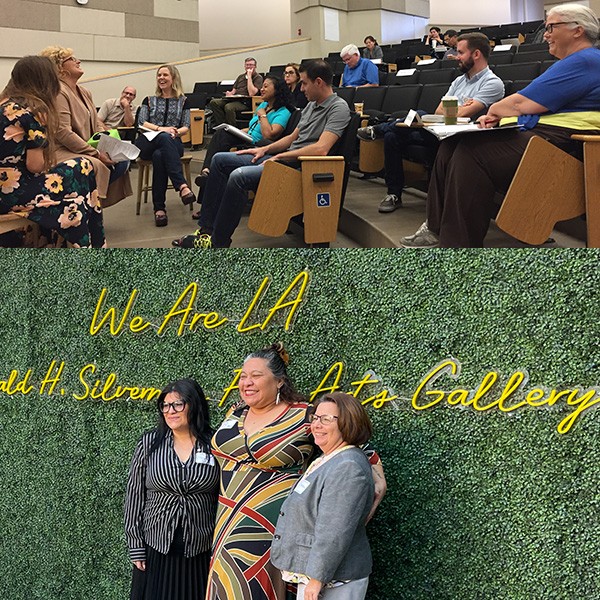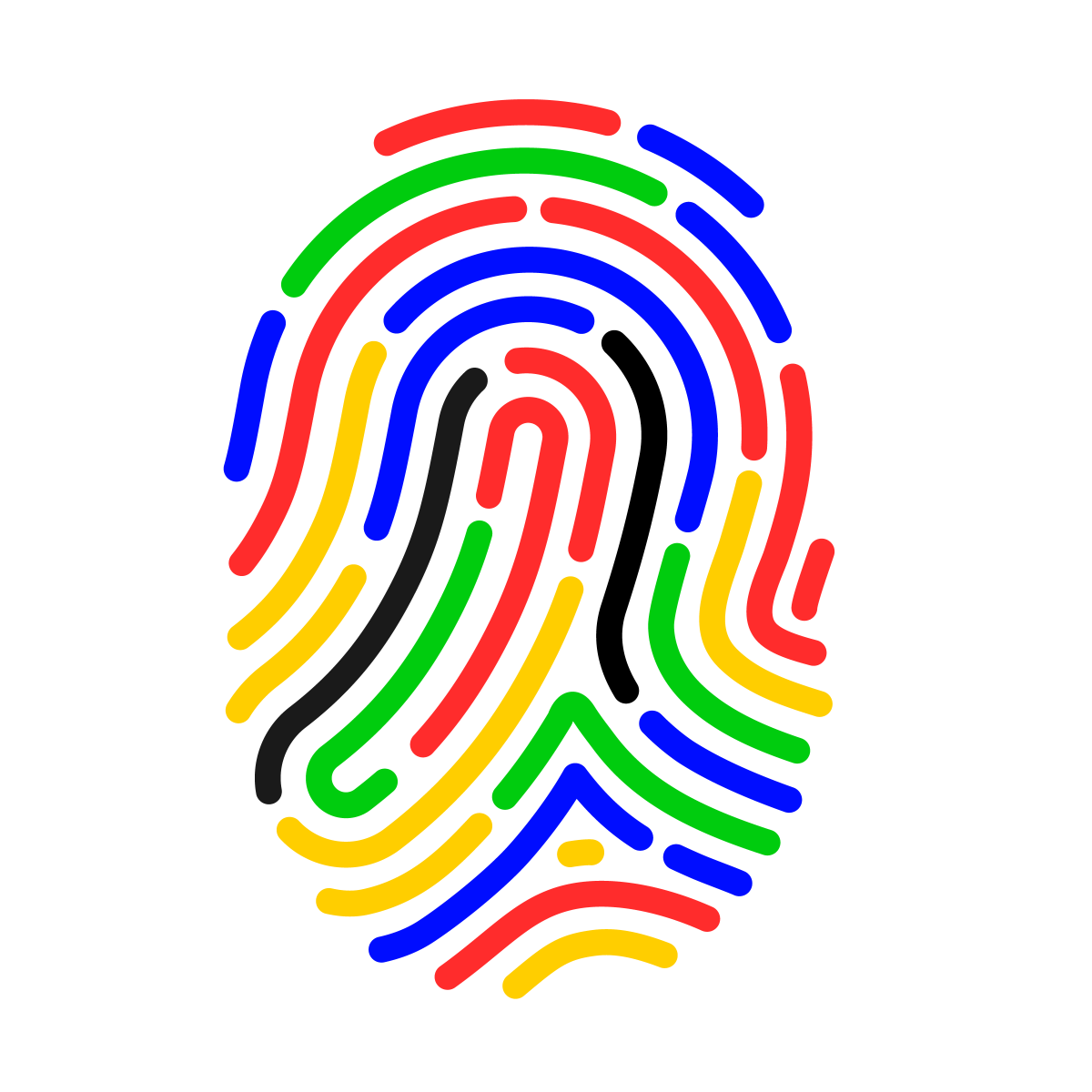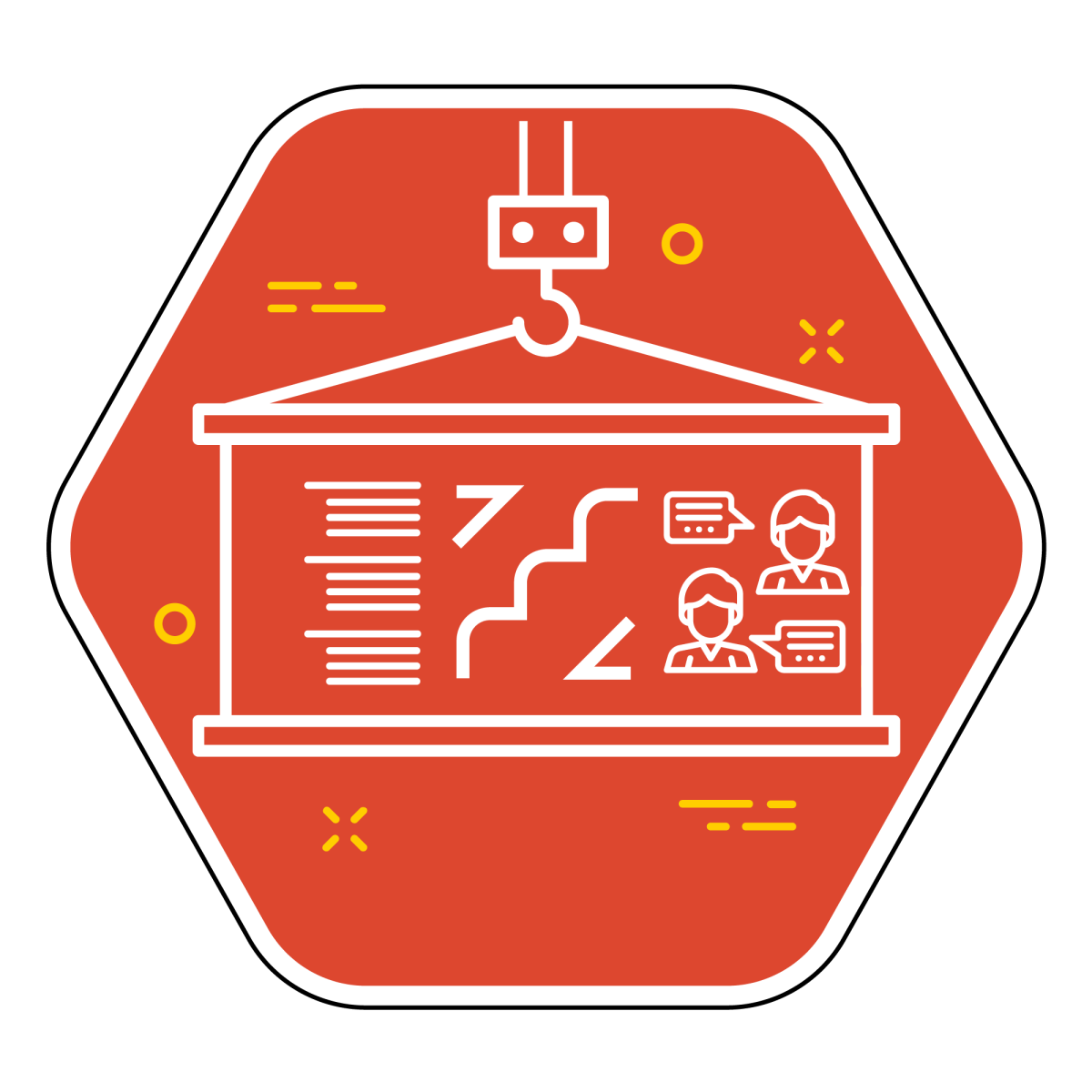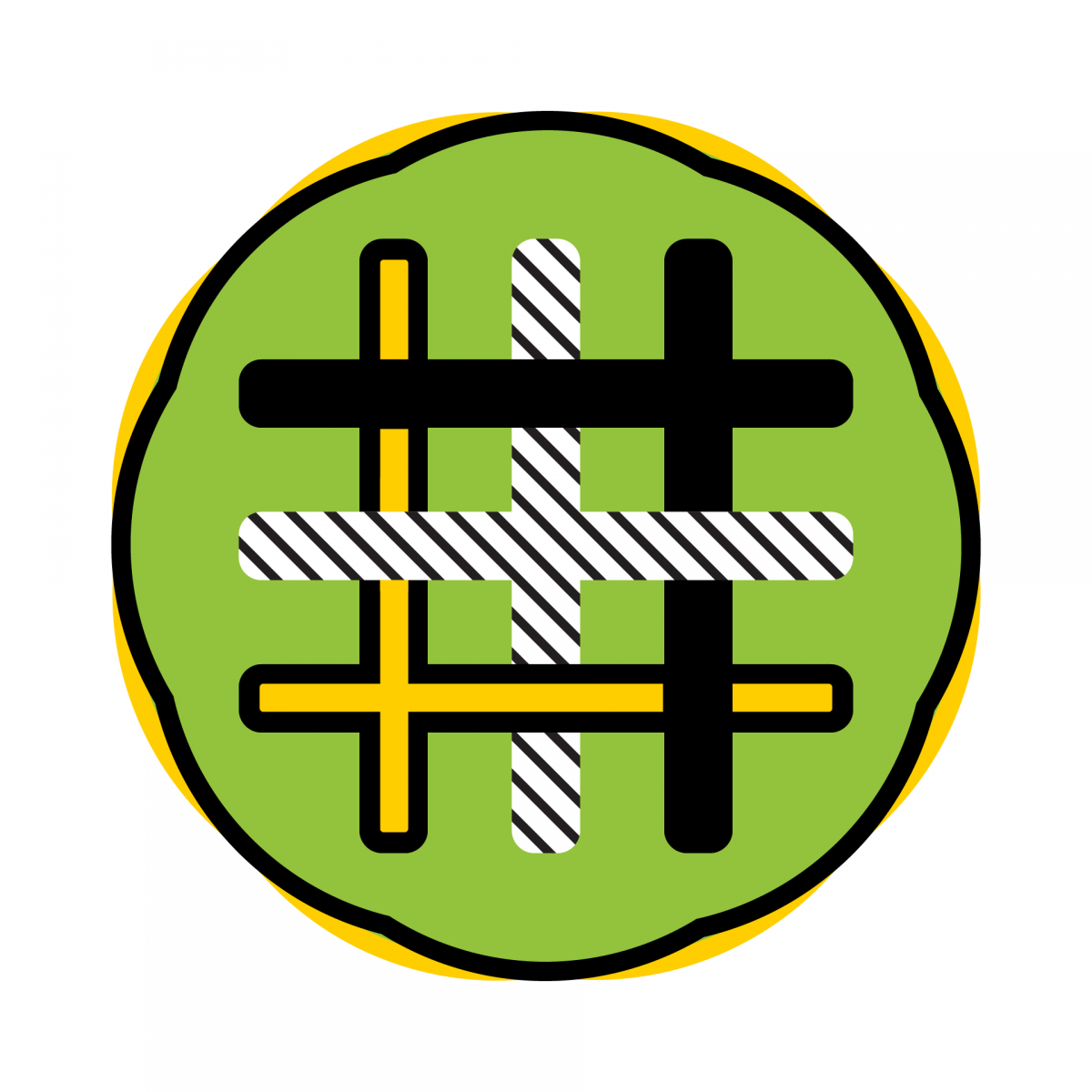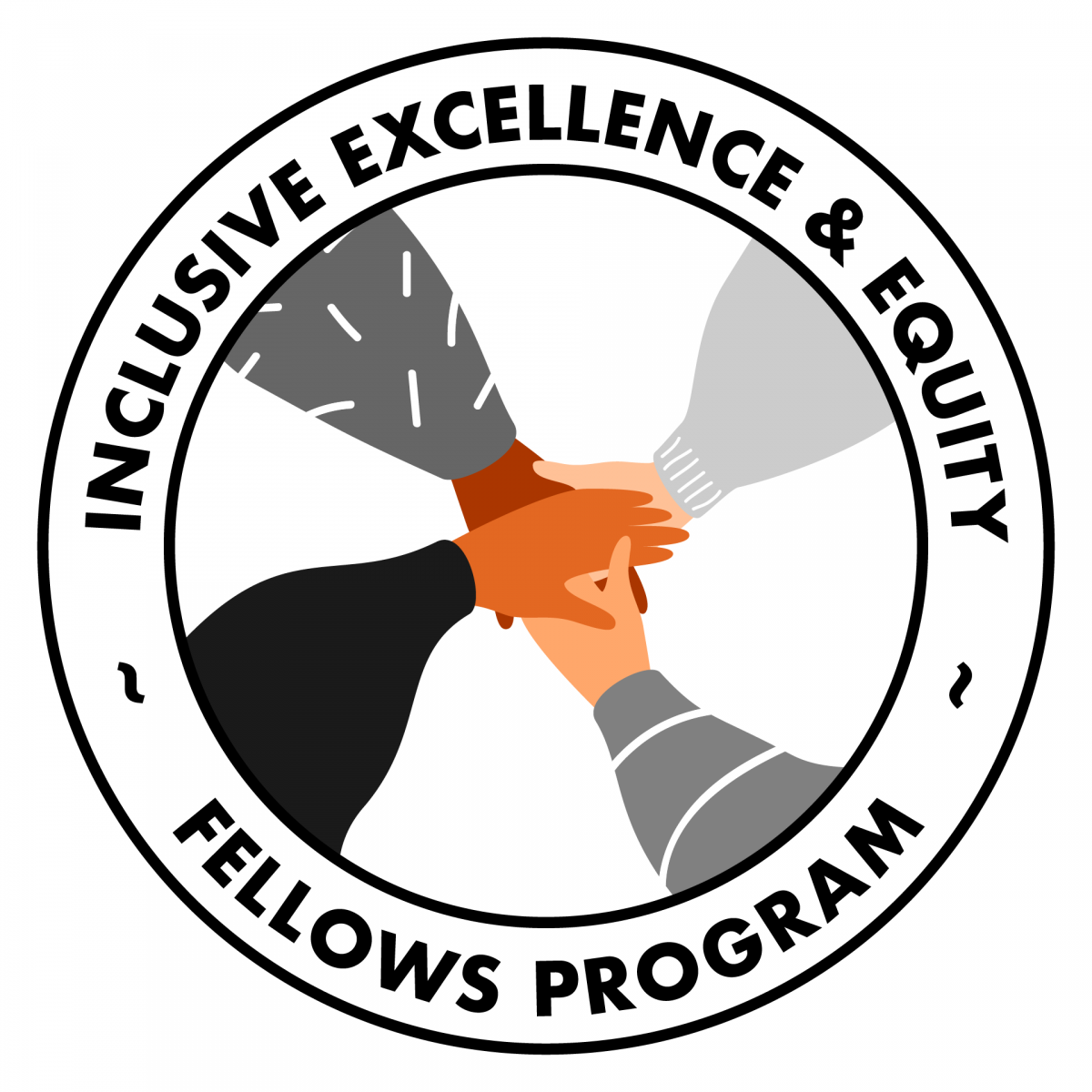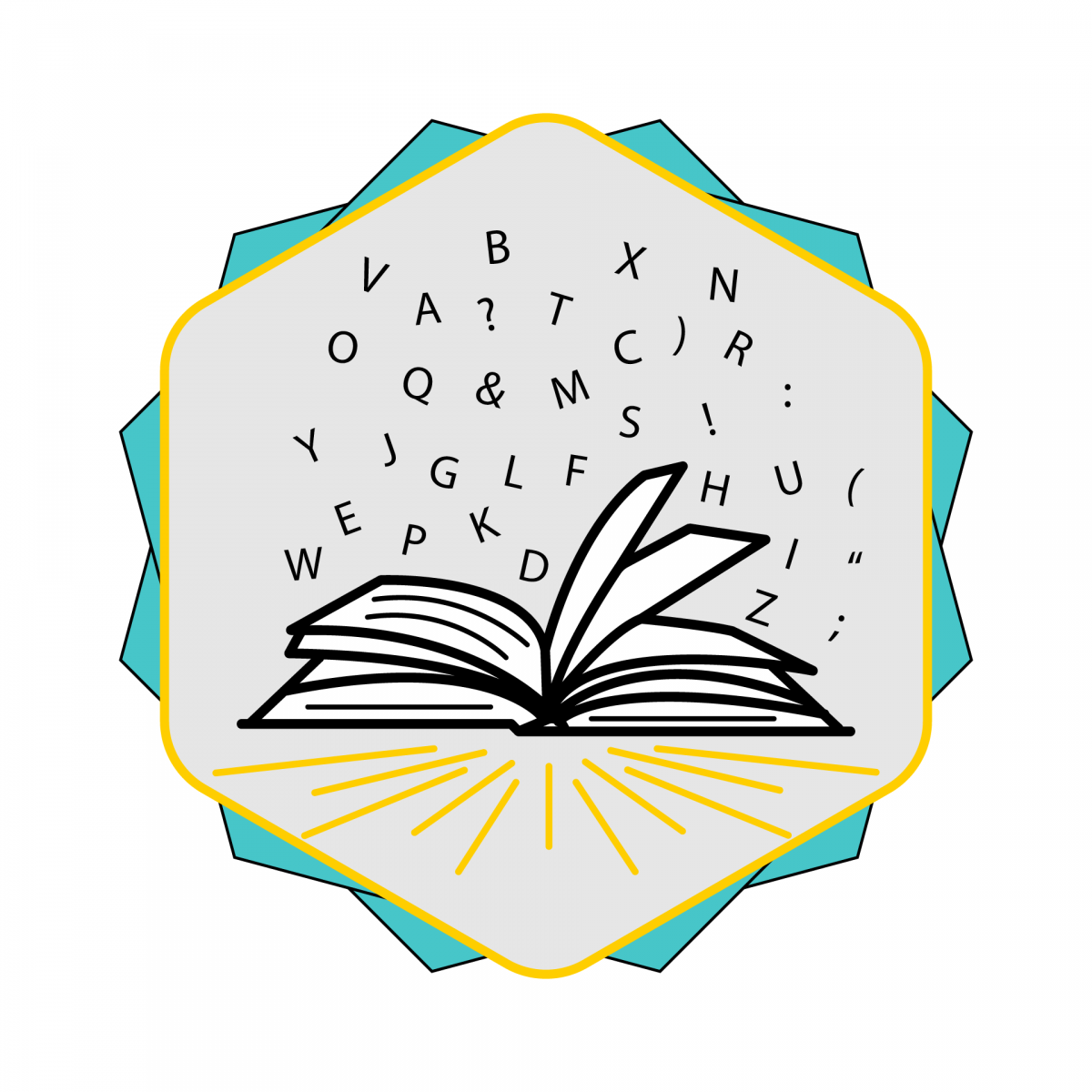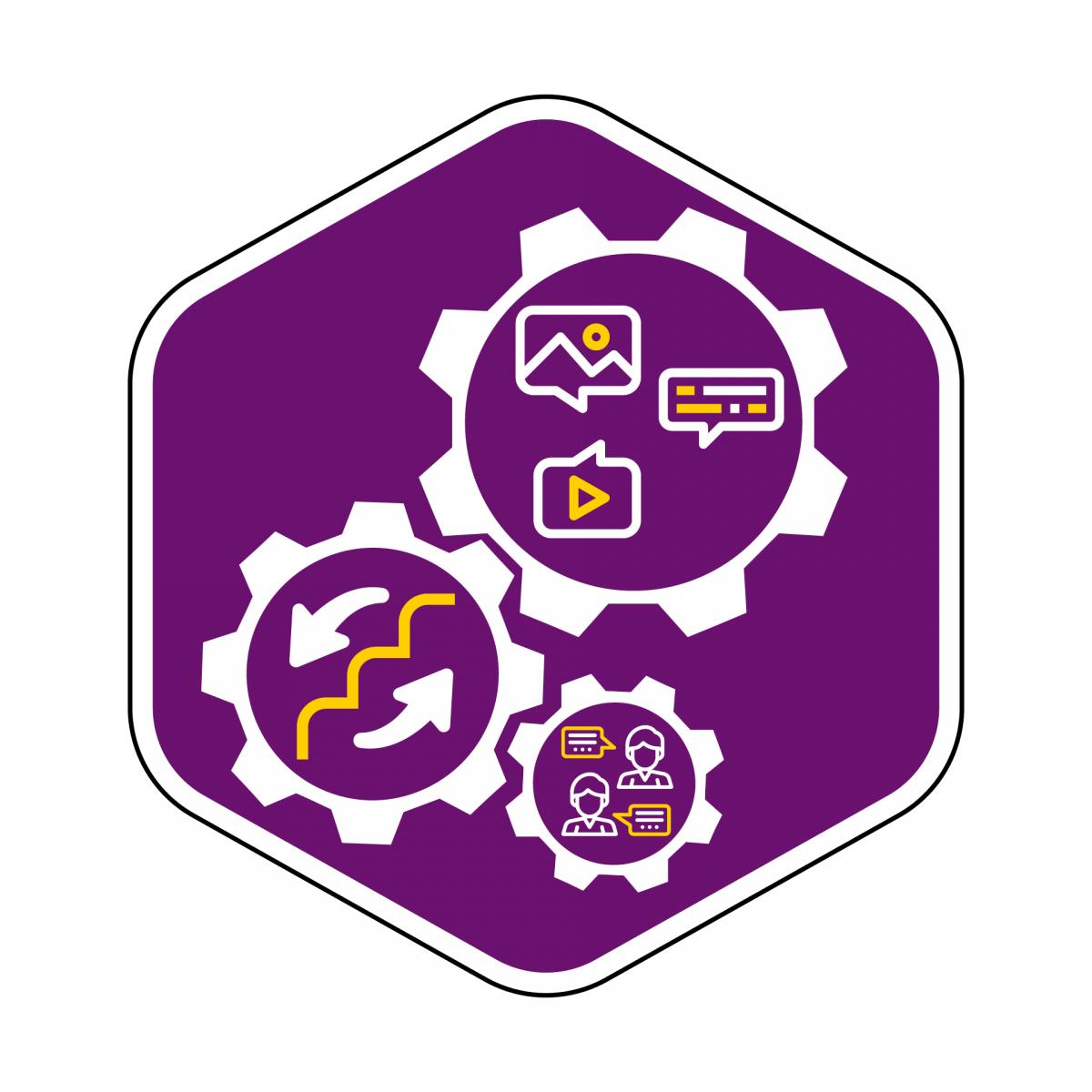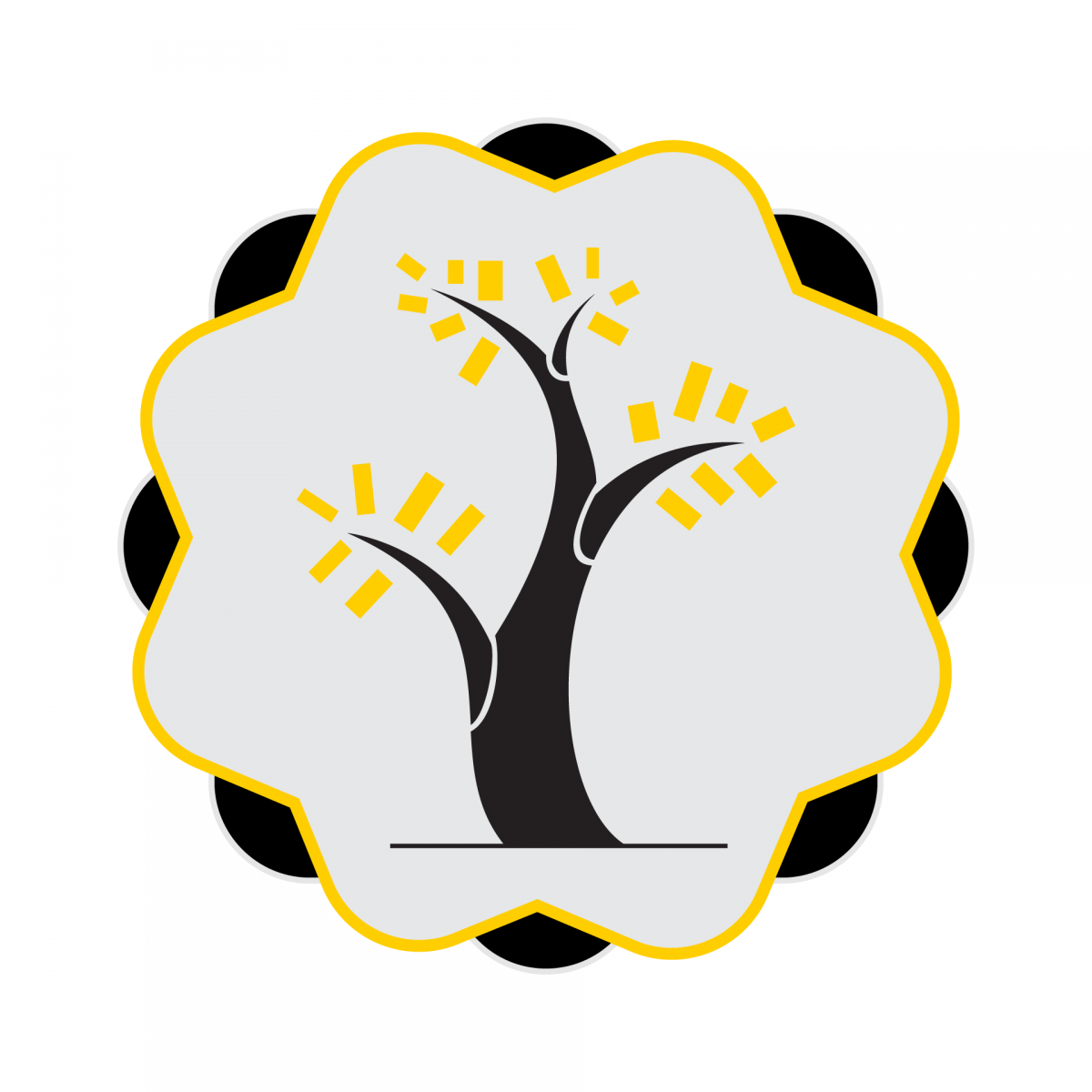CETL CERTIFICATES
CETL has offered a variety of programs since 2011. As we continue to evolve our offerings with faculty input, some programs have been absorbed or refined. All are useful for building professional, evidence-based, equitable teaching practices. Each program develops different, yet complementary, strengths. CETL is committed to programming that supports equity, diversity, and inclusion for all learners.
Visit CETL program pages for more information. For Academic Year 2020-2021, all CETL programming will be offered online.
| PROGRAM | Program Rationale | Time Commitment | Pre-requisites | Deliverables |
|---|---|---|---|---|
|
TEACH (Teaching and eLearning Advanced Certificate Holder) Program 2021 - |
Full suite of CETL programming for instructors who teach in all modalities. TEACH will prepare any faculty to create a more student-centered classroom experience. Recommended for new faculty. |
25 hours (go at your own pace) |
None |
A small deliverable for each workshop |
|
OCDP (Online Course Development Program) |
By invitation of the Dean only. This peer-reviewed program helps faculty build a 100% online course that meets all Quality Matter rubric standards. |
Choose one of three options. 100-200 hours |
TEACH badge 1 |
A fully redesigned 100% online course that is approved through the QM preparatory review process. |
|
INCLUSIVE TEACHING COURSE Fall 2019 - |
A reflective and mindful investigation into teaching identity and instructor awareness, including the role that implicit bias plays in teaching practice. Instructors will design course processes and plan to implement activities that honor Cal State LA’s diverse and vibrant student population. Faculty will practice self-care in a safe environment. Created by faculty of color, Inclusive Teaching promotes equity in any classroom setting. |
24 hours; fully online course; 7 modules over 15-week period. |
Instructor must be teaching for the semester participating |
Revised teaching philosophy and series of planning worksheets. |
|
ACUE MICRO-CREDENTIALS | Spring 2015 - |
Focus on teaching techniques. Design class activities that align with course objectives and are neuro-diverse. Outstanding survey of hundreds of evidence-based teaching techniques. |
Each micro-credential takes 24-30 hours to complete; fully online series of 8-9 modules offered over a 15- week period. |
Instructor must be teaching for the semester participating |
“Graded” reflections by national readers and completion of all modules earn an ACE-certified micro-credential or the full ACUE Course in Effective Teaching Framework. |
|
INCLUSIVE EXCELLENCE AND EQUITY FELLOWS PROGRAM |
Created in collaboration with the Center for Urban Education (CUE) at the University of Southern California and funded by the Howard Hughes Medical Institute.
Identify educational inequities experienced by minoritized student groups. Uses CUE’s inquiry strategies and tools to critically examine the ways in which faculty mindsets and educational practices contribute to those inequities in order to transform practice. |
Intensive, five-week program, offered online for 2020-21. Requires attendance at all five workshops. Offered each semester. |
Non-tenure track instructors must be teaching for the semester participating. |
Pledge to report back to your department, sharing best practices. Stipend available for instructors who:
|
|
WRITING ACROSS THE DISCIPLINES Certificate |
For any instructor who assigns reading and writing in a course. Deliver best practices for creating and responding to writing assignments; emphasis on writing within a discipline. |
8-10 hours; offered as a series of six face-to-face workshops. |
None |
Completion of 6 face-to-face workshops plus a brief conference call and one online deliverable. |
|
Fall 2020 - |
For any instructor who wants their students to "do the reading." Use the Reading Apprenticeship Framework to help students strengthen disciplinary reading skills. Builds reasoning and metacognition. Hand-on practice-heavy. |
4 hours; webinar series featuring one 60-min overview of the RA Framework plus "practice the protocol" sessions. |
None |
Attend one 60-min overview of the RA Framework, then choose 3 of 5 45-min "practice the protocol" workshops and submission of one online deliverable. |
| Past Programming |
Program Rationale |
Time Commitment |
Pre-requisites |
Deliverables |
|
ALT-INSTRUCTION CERTIFICATE |
Use Canvas and Zoom equitably in remote, hybrid, or fully online and face-to-face environments; a strong focus on developing EQUITY in remote and virtual environments. |
10 hours; online (webinars and self-paced) series of six workshops. Offered Spring through Fall 2020 to support the Summer Institute. |
Instructor must be teaching (with access to Canvas) to participate in self-paced workshops. |
Completion of six workshops plus submission of one online deliverable. |
|
DOC (DESIGN YOUR ONLINE COURSE) Program |
For faculty who intend to teach fully online or hybrid courses. Planning and building a fully online series of modules (at least 5) that align with course objectives. Encourages low-bandwidth structure into a course using Canvas for course delivery. |
Intensive, semester-long program: Minimum of 30 hours, exclusive of building. Requires attendance in a webinar on how to make instructional materials accessible for students.
Offered each semester. |
Chair's permission; course must be modified for online or hybrid formats TECH, ALT-Instruction, or TECH 2.0 certificate Instructor must be teaching for the semester participating |
Design and development of at least 5 modules of a hybrid/fully online course that aligns with QM essential rubric standards.
|
|
TECH Certificate |
Use Canvas and Zoom in face-to-face, hybrid, and fully online environments. This certificate is replaced by ALT-Instruction as of Spring 2020. Any holder can apply to DOC.
|
9 hours; offered face-to-face in CETL lab as workshops (and self-paced). The TECH certificate was replaced by badge 1 of the TEACH Program in 2021. |
None |
Completion of six workshops |
|
TEACHING PROJECT Certificate |
An overview of key topics designed with Cal State LA students in mind. Featuring introductions to transparent assignment design, student-centered syllabus, group work, better testing and grading. The Teaching Project will help the instructor who wants to beocme first-generation student-ready.
|
10 hours; face-to-face in CETL lab as workshops (and self-paced). Take 3 core workshops (student-centered syllabus, teaching first-gen learners, and writing better test questions) plus six hours of electives from the following:
|
None | Completion of six workshops plus submission of one deliverable (revised syllabus or assignment). |
|
CETL Hybrid/Online Development Program |
Carefully consider situational factors germane to current course redesign. Begin to re-conceptualize a face-to-face course for online environments. No longer offered (used Moodle) |
32 hours, 4-day face-to-face workshops NOTE: Replaced by the DOC program |
None | None |
| CETL Course Redesign program 2011- 2014 |
Introduction to course alignment based on Dee Fink's Significant Learning model considers factors that impact student learning--and better outcomes. | 32 hours, 4 days, face-to-face workshops NOTE: Replaced by the Teaching Project |
None | None |
| Workshops |
Program Rationale |
Time Commitment |
Pre-requisites |
Deliverables |
| ACCESSIBLE INSTRUCTIONAL MATERIALS WORKSHOP |
Demonstration and discussion of several things instructors can do to ensure the accessibility of their course materials. Some topics include: The importance of closed captioning and who it will benefit; how to utilize alt-text descriptions to enhance meaning; considering alternative formats for instructional materials; using Word Styles for clarity and organization. |
90 minutes, offered face-to-face or as a webinar | None | Workshop attendance |
| ACTIVE LEARNING WORKSHOP | Learn and practice a variety of high-, low-, and no-tech active learning strategies. Practice active learning in small groups. Plan an active learning session in a face-to-face class. | 6 hours offered face-to-face | None | Workshop attendance |
| TEACHING THE LARGE CLASSROOM | Experience large-classroom dynamics and learn to structure a big course for efficient delivery. Stresses active learning for large groups. | 4 hours offered face-to-face | None | Workshop attendance |
| MINDFUL TEACHING | Reflect on how people learn, and how we can bridge the expert-novice divide using metacognition. | 4 hours offered face-to-face | None | Workshop attendance |
|
QUALITY MATTERS Design Your Online Course (DYOC) or Design Your Blended Course (DYBC) |
Introduces faculty to course alignment in an online (DYOC) or hybrid (DYBC) course. Participants plan the alignment of one module of an online/hybrid course. |
15-20 hours, two-week, online courses |
None |
Regular assignments that help faculty plan the alignment of one course module. There is no build-out of any course. There is no consultation on the alignment of the course—rather participants pass the course by completing online assignments pertaining to one module of a course. |
| QUALITY MATTERS Applying the Quality Matters Rubric (APPQMR) |
Introduces the participant to the Quality Matters Rubric. Does not address how to design an online or blended course, but rather how to evaluate a course using the QM rubric. This course is intended for those who want to be a QM peer reviewer. The course might be helpful for instructors or administrators who wish to evaluate online/hybrid courses for quality assurance in the college. |
15 hours |
None |
Regular assignments that help the participant evaluate a course using the QM rubric. |
